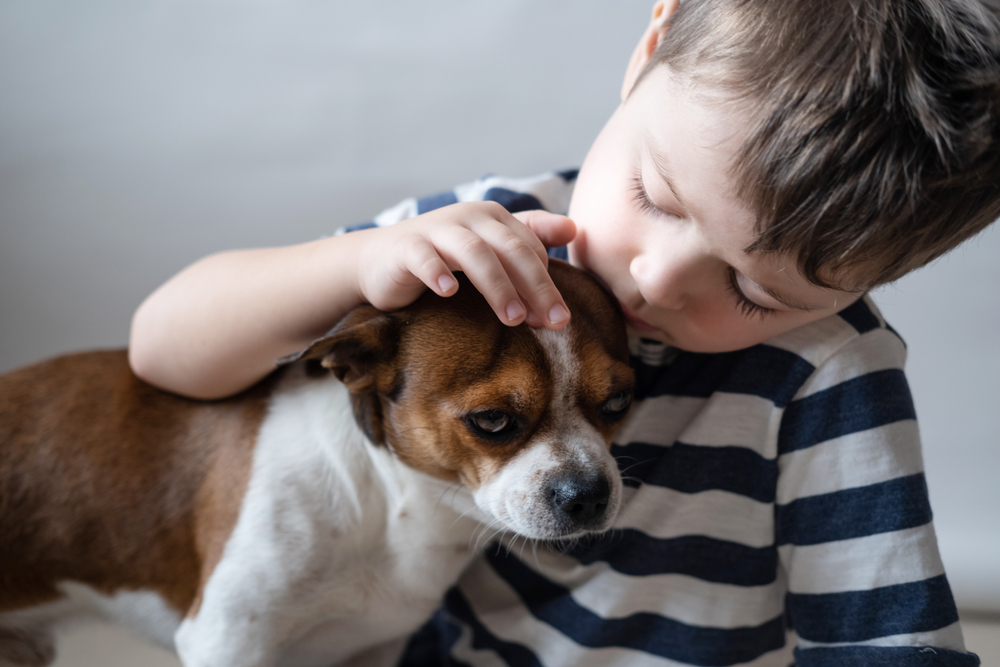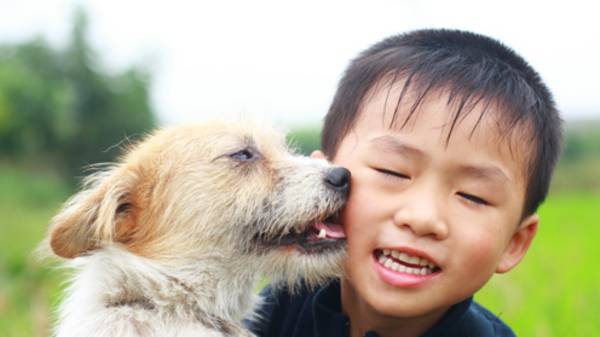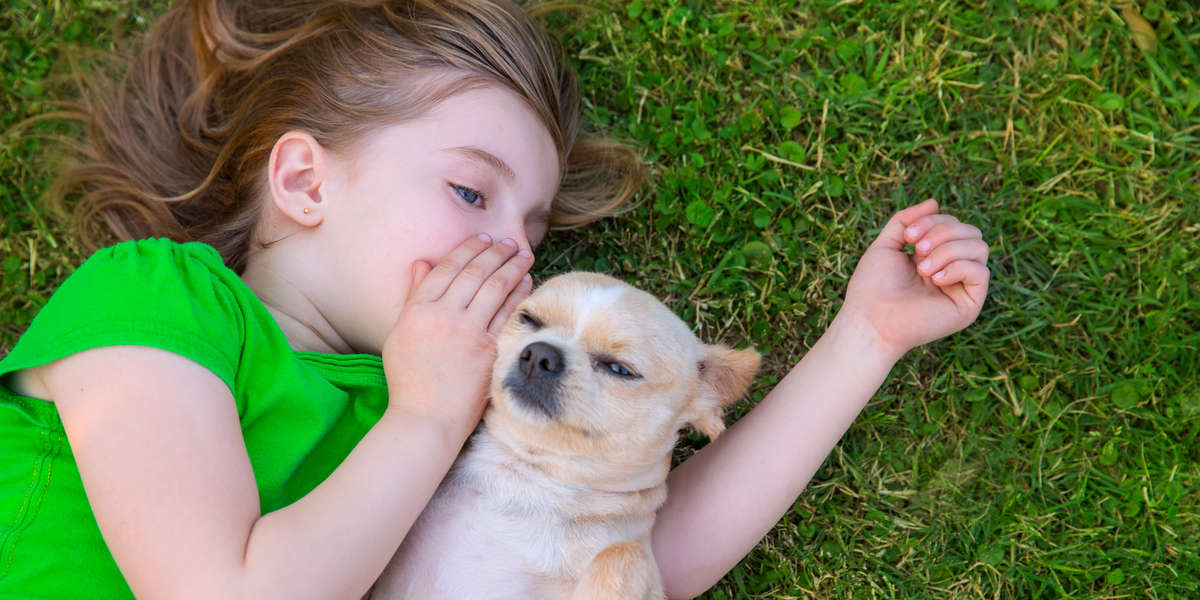“Happiness is a warm puppy.”― Charles M. Schulz
Animals allow kids to improve their social skills, practise caring for and nurturing others, and even explore problems of power and vulnerability.
Animals are essential, and most adults are aware of this. Animals not only pique children’s cognitive curiosity, but they also elicit emotional responses. Consider a child’s enjoyment when he or she sees a chipmunk or a family of ducklings kayaking across a pond, or the sheer joy she feels when a bright butterfly flits by. Screams and fright may be heard if a few wasps approach a group of preschoolers having a picnic. When you give that same set of kids a fluffy white dog, you can practically see the joy on their faces.
Some kids are more open about their feelings than others. Some children have a lot of favorites, while others have just one or two. What appears to be common is that almost any child you ask will be able to tell you about an animal he adores. When you ask a shy youngster what her favourite animal is, she will immediately open up. Children enjoy telling stories about their pets, wild creatures they’ve seen, great zoo recollections, and other memorable events. This alone reveals something fundamental and straightforward: animals are significant and unique to kids.
It should be age-appropriate
This is the first thing to look for. You don’t want to purchase the ideal toy just to discover that it’s still a year out of your baby’s grasp. This is also something to keep in mind while purchasing gifts for other people’s children.
Giving a gift intended for younger children may be offensive to the person you’re buying it for, so double-check the age range.

Stimulates a Sense of Vulnerability
Adults rule in a child’s world. The majority of decisions are made by adults. They provide love, food, space, shelter, and other essentials for survival, enjoyment, and comfort. The only living entities that children can control are animals.
For a young child, the power of caring for an animal and contributing to its well-being can be extremely meaningful. Children, especially in their early years, are preoccupied with figuring out how capable they are. Giving children the chance to take part in meaningful caring activities for a fragile creature can boost their self-esteem tremendously.

Stimulates a Sense of Freedom to Speak
When children speak with animals, they have a sense of freedom that they do not always have when speaking with adults. Adults who are interested in educating and assisting children in developing their language abilities may appear to be more concerned with the mechanics of what the child is saying rather than the message of the child. Alternatively, some well-intentioned adults may attempt to assist kids in “talking through” their problems or offer to assist a child in processing his feelings. These new pressures can inhibit kids from expressing themselves freely and easily in an already complex realm of adult communication.
Animals, on the other hand, listen without prompting or demand. They listen to what a youngster has to say and do not press her to say more. The family dog does not require an explanation, justification, or apology from a child. He simply observes and listens. For a child, this can be extremely liberating. Children understand that they may tell a pet anything and that it will remain private. A receptive pet will never scoff, disregard, or diminish a child’s feelings, no matter how foolish or small those feelings may appear to be.

Stimulates a Sense of Comfort
Animals, particularly pets in the home, are a source of comfort and security for many kids. They are comfortable to be around, safe to talk to, and a source of comfort and love. Animals are often a source of comfort for kids as they process their feelings since they are appealing and soothing.

Children adore animals for a variety of reasons that they may not be able to articulate. Animals can provide stimulating and compelling novel multimodal experiences. They interact with kids in ways that are both familiar and simple to understand, as well as thrilling and enjoyable. Animals help children explore feelings, direct their life situations, and resolve their issues on a more delicate level by functioning as a sounding board. Animals can also provide consolation to children in ways that no one else can.


